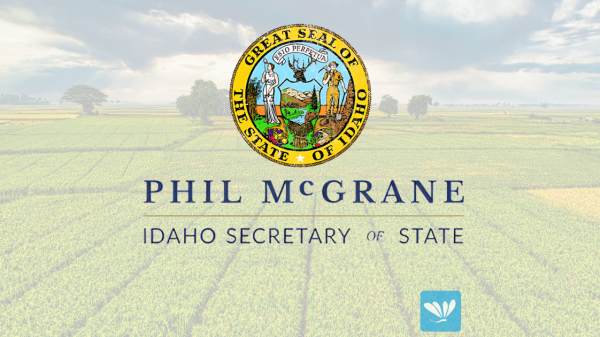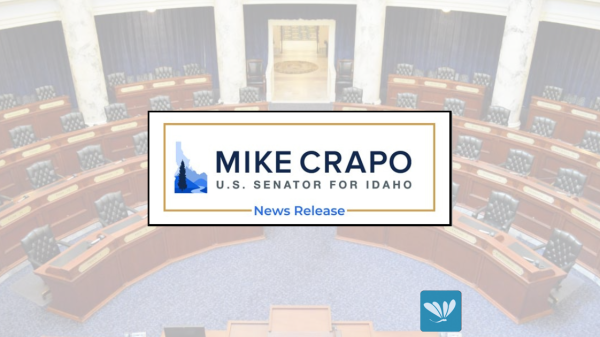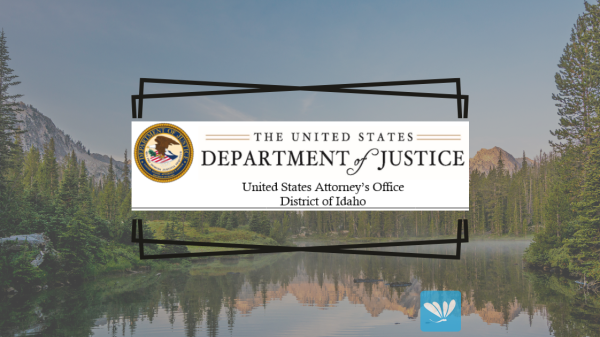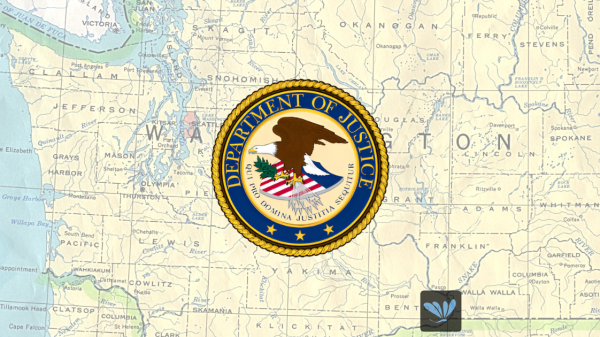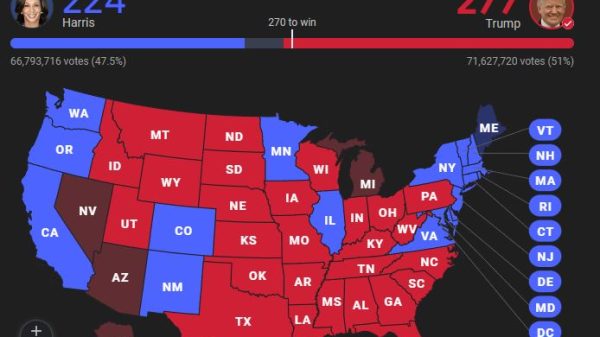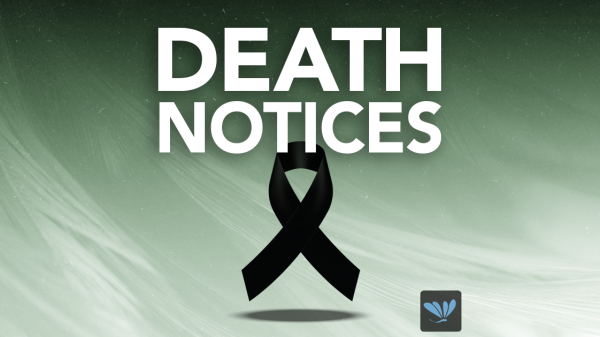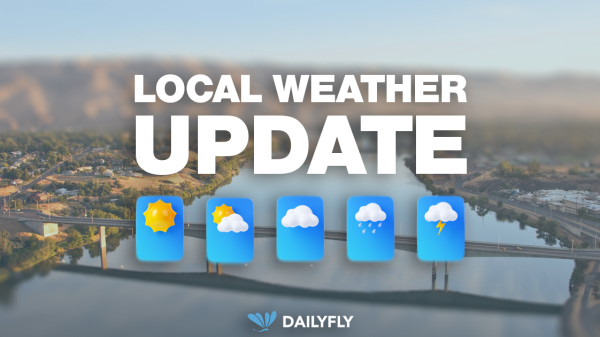(The Center Square) – The Spokane County Commissioners has decided against enacting the allowable 1% property tax increase for 2023. That decision was made the same week the Spokane City Council overrode a mayoral veto of the same boost in taxes.
It is just the second time in the last decade the commission has declined to move ahead with the annual increase allowed by Washington law.
Commissioners Mary Kuney, Al French and Josh Kerns voted unanimously on Tuesday against changing the tax rate. Their decision is expected to save the median homeowner in the county about $7.
However, area residents will pay more in taxes next year despite the commissioners’ decision. Spokane County Assessor Tom Konis announced several weeks ago that property owners could see a 9% increase in taxes next year due to valuations that have grown an unprecedented 30%.
The commissioners said Nov. 29 that the 1% tax increase would have added $282,297 to the county coffers but was unnecessary with the 2022 budget at $677 million.
“The county is in a good financial state right now,” French said.
Commissioner Josh Kerns said even though the amount that homeowners would save was small, county residents need all the financial help they could get during a time of high inflation and fuel prices.
“We’re doing the best we can here,” Kerns said. “We’re going to deliver cost-effective, efficient government, and this year we’re going to do it without raising your taxes.”
The county has joined Spokane Valley in holding the line on taxes for 2023. Spokane Valley has not raised property taxes in 14 years, a move that officials believe helps spur economic development.
The last time the county decided not to collect more taxes was in 2013.
On Monday, the Spokane council overrode Mayor Nadine’ Woodward’s veto of the 1% increase by a 6-1 vote. She had submitted a $1.2 billion budget that was balanced without the estimated $650,000 in additional tax revenue that the tax rate change was expected to generate next year.
Woodward said the city could forgo the increase because it had realized a 6% increase in sales tax review over 2021. She said higher interest income was also anticipated due to rising interest rates.
The council majority estimates the 1% increase will cost the average household about $8 more next year. Councilor Jonathan Bingle, who opposed the increase, said the price tag isn’t the issue, that government showing it can also tighten its belt during tough times is the issue.
Councilor Betsy Wilkerson, who chairs the city’s Finance Committee, noted that both government and residents are challenged to meet fiscal obligations during a time of inflation.
“This 1% increase can help the entire city in many ways: public safety, paying our deserving city employees, and homelessness issues,” she said in a written statement. “This 1% increase continues to invest in people and is fiscally prudent.”













